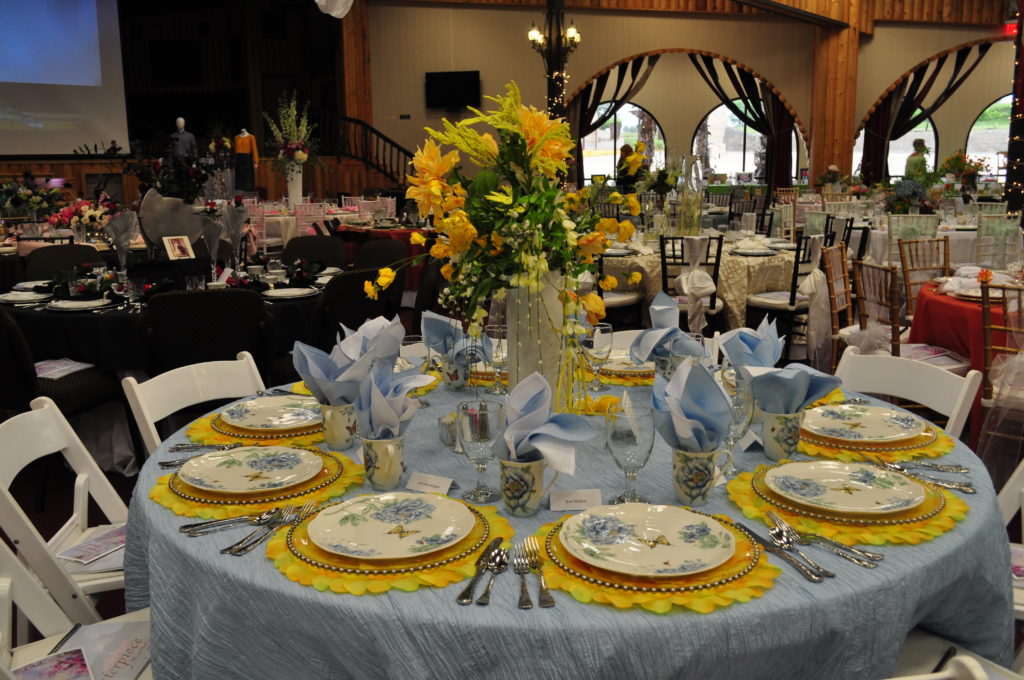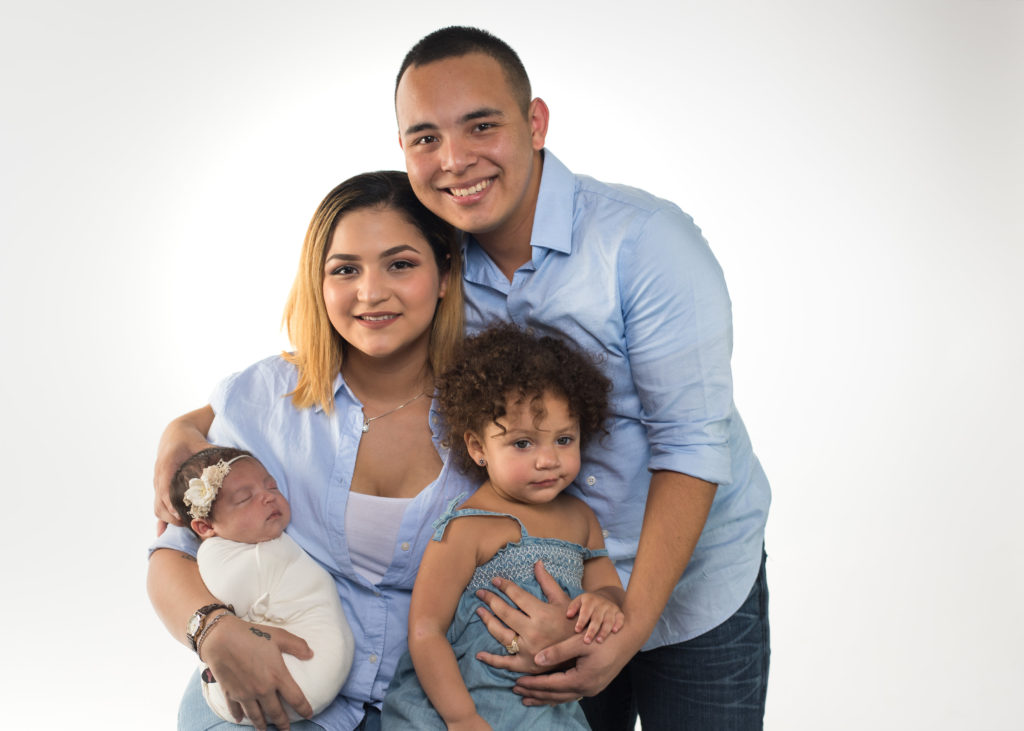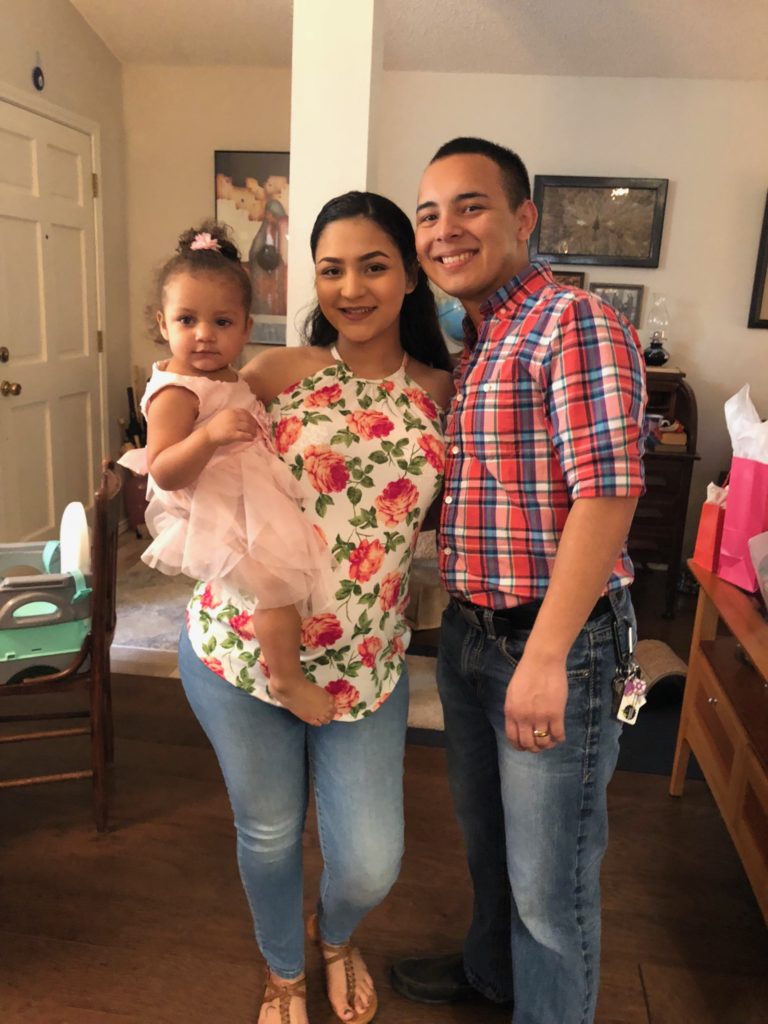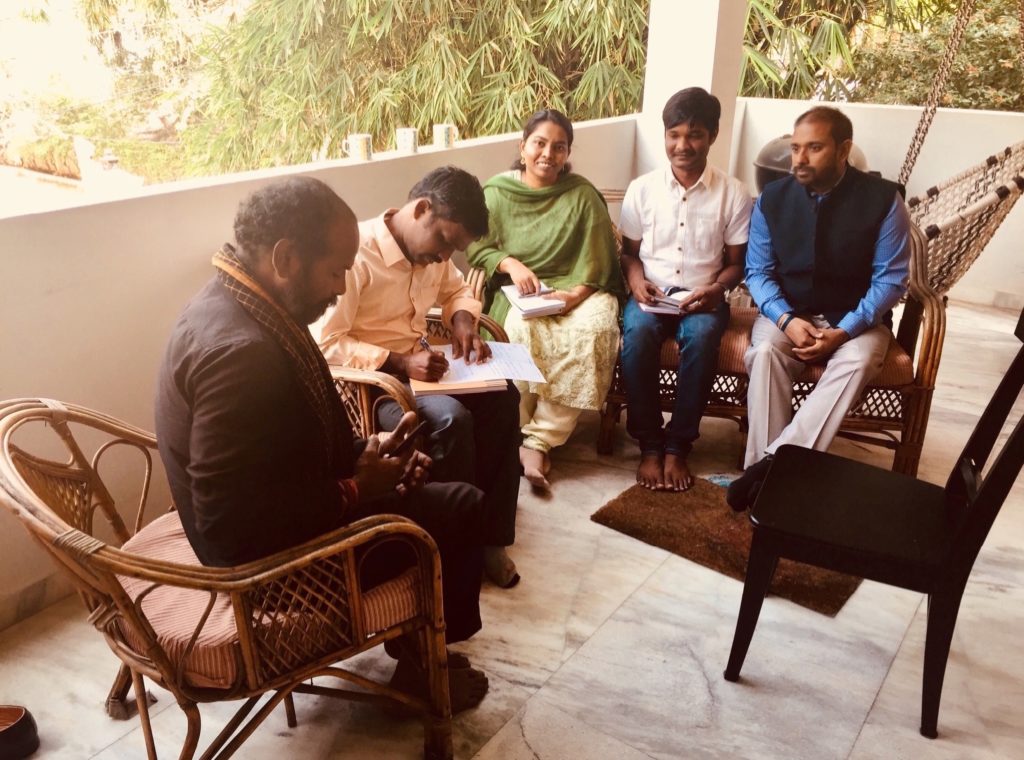On an unexpectedly stormy spring day in East Texas, 420 ladies — weather notwithstanding — came together for Breckenridge Village of Tyler’s (BVT) 13th Annual Ladies Spring Luncheon. Whether showing their support for a loved one, learning more about the great work BVT provides, or sharing some quality time with friends, the intent was the same; to be a champion for the BVT mission, residents, and families.
Each year for longer than a decade now, the BVT Ladies Spring Luncheon is held to benefit the adults with mild to moderate intellectual and developmental challenges to whom BVT is committed. This year, the event raised more than $55,000 for BVT residents and day program participants. The luncheon’s theme, Cherishing Life’s Moments, vibrated through the entire banquet hall as each table wore intricate, thematic decorations reminiscent of special life moments. Themes included a winter wonderland, a dreamy picnic at the park, and marriage celebrations. Cherishing Life’s Moments is not merely a theme, but a motto lived by the BVT community, from the residents and day program participants to the staff members: The idea that the moments and memories created at BVT are blessings that should be embraced and treasured as God’s own will.

Susan O’Donnell, Program Director for Tyler-area radio station KVNE, 89.5 FM, delivered a heartfelt and inspiring keynote address, evoking just as many belly laughs as tears as she spoke candidly of leaning on her faith through her trials and triumphs as a single mother to two daughters. She encouraged the luncheon audience to remember that God is always present, and to love unconditionally.
Upon arriving at the campus, Susan was immediately captivated with the welcoming community and lovingly attentive staff.
“In only 20 years, Breckenridge Village of Tyler has become just what is was supposed to be at its inception…a home for adults who have special needs. [A] place that will care for them throughout their life, just as their own parents wanted them cared for.”
“Residents are loved, encouraged. I know it was the dream of Jean and Robert Sr., but I think even they would be surprised to see how much it has grown and how many people have been touched by the work that happens because of Breckenridge Village.”
To date, the annual BVT Ladies Luncheon has raised a total of more than $800,000 for the residents and day program participants at BVT.
The 13th annual luncheon concluded with an original poem by Linda, a BVT resident for12 years.
Valeria Villaseñor
Cherishing Life’s Moments: A Poem.
Written by: Linda J., BVT Resident
It is important to cherish life’s precious moments.
From the birth of an infant to adulthood
We all must pay heed to the wonderful world around us.
Like the spreading wings of a monarch butterfly
To the flourishing roots and arms of a sycamore tree
Life is a balanced tapestry of colors and light.
Life gives us a rainbow of pleasures.
Each moment is a lesson to treasure.
As we partake of friendships and the many facets of life
Each day is a blessing from God.
To appreciate creation and the beauty all around us
The foamy deep blue sea
The scalloped mountains that point to the heavens
It is important to cherish life and its empowering moments.
Dreams of love and stories of hope and courage
Every person is beyond measure.
So priceless like a gift
God gave us life to uplift others.
To spread harmony and faith
Every moment is a pearl.
Every moment is a breath to be taken.
The pathways we take are filled with delight with our Lord.
As we talk and commune with him
Being grateful for the years we have on this earth
However few or many
We are given time to fellowship with one another.
To appreciate flowers and the seasons
To acknowledge our strengths and weaknesses
To cling to our savior and hold on to his almighty hand
Life gives us moments to cherish.
Let’s make the best of it.
Be happy for who we are and what we have been blessed with.
Peace in our hearts
Let us sing a song and worship our Heavenly Father.
Let us be thankful for our provisions.
Each moment is sacred.
Every wind that blows
Every leaf that falls
Every star that shines like a diamond in the sky
It is important to cherish life’s moments.
Allow yourself to soar like an eagle.
Find yourself floating high above the ground with wings of exultation.
Then you will be filled with joy.
As you dance and be filled with the radiant moments of each day.








